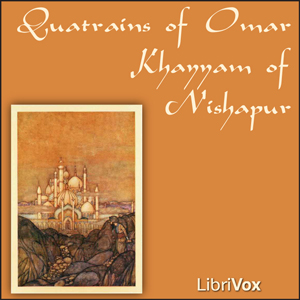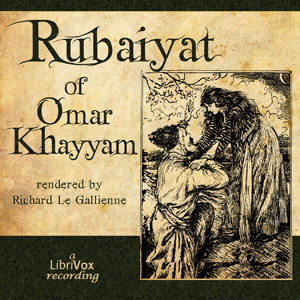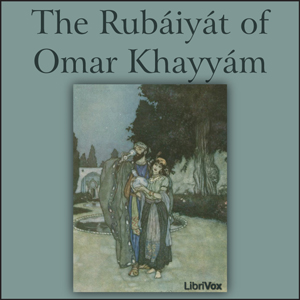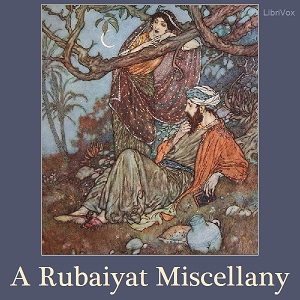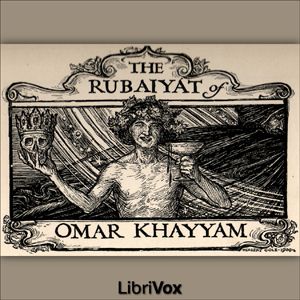The Rubáiyát of Omar Khayyám (Fitzgerald 5th edition) - Omar Khayyám
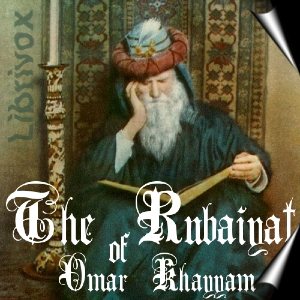
The Rubáiyát of Omar Khayyám is so-named from the Persian word rubáiyát - a Persian word denoting a specific type of two-line stanza. Omar's Rubaiyat is a beautiful anthology of Islamic wisdom literature: originally penned in medieval Persian during the late 11th century AD.
The best known English translations are those by Edward Fitzgerald: his fifth (and last) translation includes a mere 101 quatrains - a fraction of Omar's original work. Fitzgerald's selection loosely groups quatrains by theme; rendering quatrains into English as four-line, rhymed stanzas.
Omar's writings are pervaded by the consciousness of the transient quality of life. In his Rubáiyát, the author ponders the limits of human knowledge and morality: and confronts his readers point-blank with the difficult questions that challenge every generation:
- what is the ultimate benefit derived from human knowledge?
- given human mortality; is is best to guide our lives by the dictates of reason, or sensuality?
- what happens to my soul when I die?
- why did God - the Creator - give me existence?
(Introduction by Godsend)

